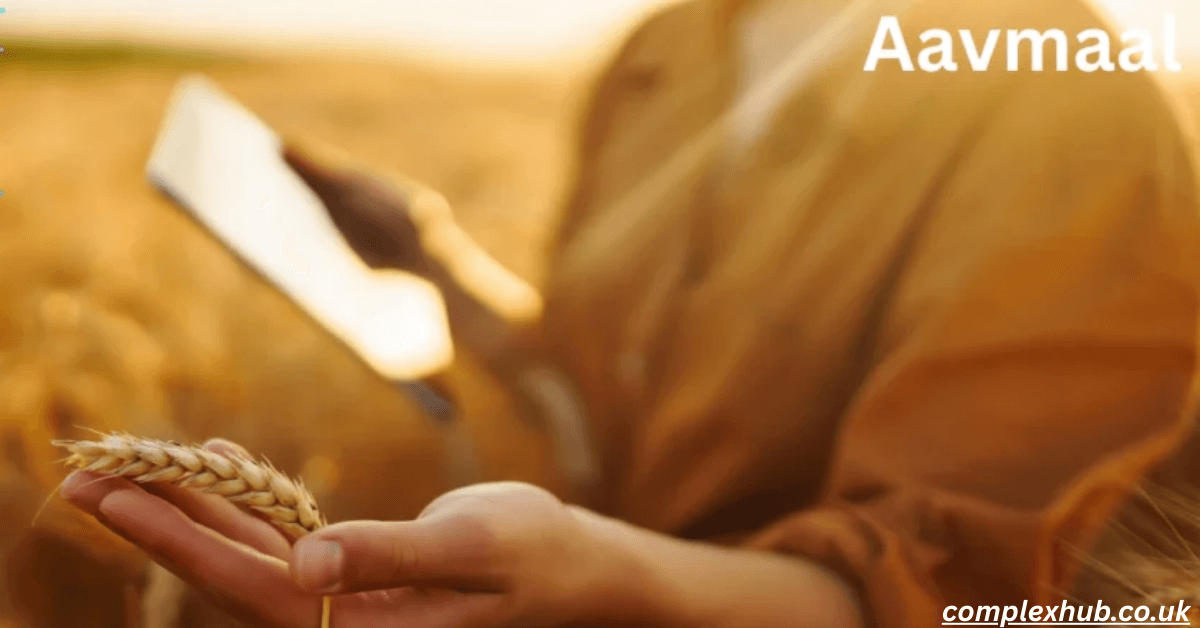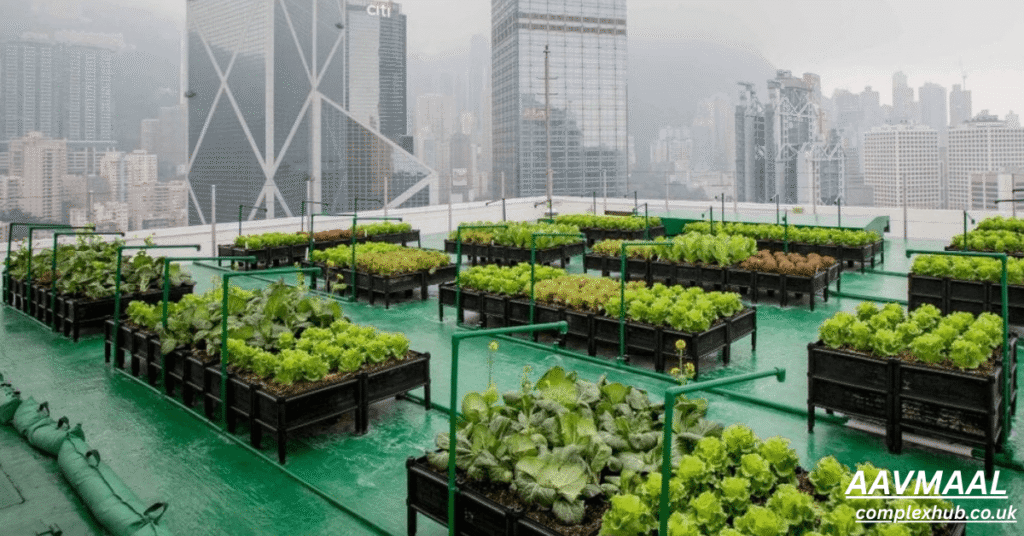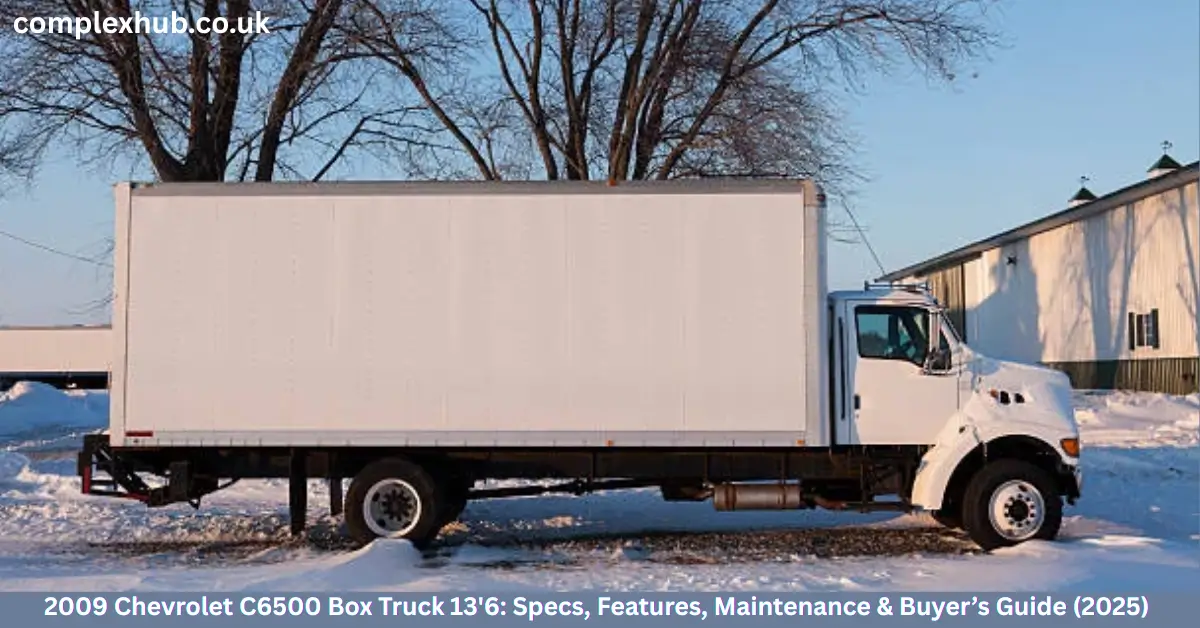
Agriculture is at a critical crossroads. With climate change intensifying, natural resources dwindling, and the global population climbing rapidly, the demand for a new agricultural paradigm is stronger than ever. Enter Aavmaal, a dynamic and forward-thinking approach that merges traditional wisdom with high-tech innovation to reimagine farming. By incorporating technologies like IoT, GPS, AI, and Blockchain, and focusing on eco-conscious practices like organic farming and integrated pest management (IPM), Aavmaal offers a holistic solution to today’s most pressing agricultural challenges.
This article explores the transformative power of Aavmaal and its pivotal role in agricultural sustainability, food security, and climate adaptation. From the fields of India to the smart farms of Israel, we’ll delve into real-world applications and the promising future of this revolutionary movement.
What is Aavmaal?
Aavmaal is more than a buzzword—it’s a comprehensive ecosystem of agricultural innovation designed to improve productivity while reducing environmental impact. It includes an array of cutting-edge techniques such as precision agriculture, digital agriculture, resource optimization, and organic practices that are aligned with climate-resilient farming goals.
Unlike conventional farming, which often prioritizes short-term yields, Aavmaal focuses on long-term sustainability. It integrates traditional knowledge with digital solutions like soil moisture sensors, drip irrigation, and data-driven agriculture tools. The result is a smarter, more efficient, and environmentally responsible food system that supports farmers, consumers, and the planet.
The Importance of Aavmaal in Modern Agriculture
Aavmaal represents a pivotal shift in how we perceive and practice farming. By embracing eco-friendly practices and agroecology, Aavmaal is redefining the framework of modern agriculture to better meet global demands. It empowers farmers with technology and know-how to increase yields without compromising soil health, biodiversity, or future productivity.
This shift is especially important for smallholder farmers, who form the backbone of agriculture in many regions. Through knowledge-sharing initiatives, training programs, and support from agricultural organizations, Aavmaal is bridging gaps in accessibility and helping marginalized communities thrive.
Enhancing Crop Yields
Boosting crop yield enhancement is a core benefit of Aavmaal. By leveraging tools like GPS-based farming, smart irrigation, and real-time data analysis, farmers can monitor field conditions with pinpoint accuracy. These insights enable precise input application—fertilizers, pesticides, water—exactly where and when needed.
Additionally, AI in agriculture helps forecast weather patterns, detect pest infestations, and optimize planting schedules. This predictive power dramatically improves decision-making, reducing guesswork and ensuring consistent, high-quality yields.
Promoting Sustainable Practices
Sustainability is the heart of Aavmaal. With growing concerns about food security challenges and environmental degradation, the model promotes biodiversity preservation, natural pest control, and irrigation efficiency.
Through methods like cover cropping, crop rotation, and organic certification, Aavmaal enhances soil health and minimizes dependence on chemical inputs. These eco-conscious choices lead to healthier ecosystems, more nutritious food, and a smaller carbon footprint.
Reducing Waste and Resource Use
Aavmaal addresses the critical need for environmental impact reduction by significantly cutting waste and resource consumption. IoT in farming enables continuous monitoring of soil and crop conditions, allowing for better management of inputs.
Technologies like drip irrigation and soil moisture sensors ensure that water is used efficiently, combating scarcity and preventing overuse. Fertilizer application can also be fine-tuned, reducing runoff and pollution while saving money.
Key Techniques in Aavmaal
Aavmaal is a tapestry of proven methods and groundbreaking technologies. At its core are strategies such as:
- Precision agriculture using GPS, IoT, and remote sensors
- Organic farming rooted in sustainable, chemical-free methods
- Integrated pest management (IPM) for balanced, low-impact pest control
These tools empower farmers and agronomists to make informed decisions, transforming farming from labor-intensive to data-driven and insight-rich.
Precision Agriculture
Precision agriculture forms the backbone of Aavmaal. This approach uses GPS farming and IoT-enabled equipment to collect real-time data about soil, crops, and weather. The collected insights enable micro-targeted interventions.
By reducing guesswork, precision farming enhances productivity and reduces costs. It makes farming more profitable and efficient while promoting sustainable farming and ensuring optimal use of natural resources.
Organic Farming
Organic farming in Aavmaal emphasizes eco-friendly practices, excluding synthetic fertilizers and pesticides. Instead, it relies on natural pest control, compost, and biological cycles to maintain soil fertility and crop health.
This method is not only beneficial for the environment but also boosts farm biodiversity and supports local seed systems. Regions like India are leading the way with widespread organic agriculture initiatives, supported by agricultural organizations and policy-makers.
Integrated Pest Management (IPM)
IPM is a sustainable pest control strategy that blends biological, cultural, and mechanical methods to manage pests with minimal chemical use. This reduces harm to non-target species and promotes a balanced ecosystem.
Aavmaal embraces integrated pest control programs that use real-time data, AI algorithms, and IoT sensors to detect pest levels and determine the best course of action. This minimizes damage, preserves crop quality, and safeguards environmental health.
The Challenges Facing Aavmaal
Despite its promise, Aavmaal faces several roadblocks. These challenges must be addressed to ensure widespread adoption and success across regions and demographics.

Financial Barriers
Implementing Aavmaal practices often requires a significant initial investment in smart farming technologies and training. For smallholder farmers, who already operate on tight margins, this can be a major barrier.
Public-private partnerships and subsidized programs are essential to support these farmers. Affordable access to equipment, government-backed grants, and micro-financing solutions can help level the playing field.
Knowledge and Training Gaps
The complexity of digital agriculture tools like AI, blockchain, and IoT can overwhelm those unfamiliar with tech. Farmer training programs are crucial to bridge this knowledge gap.
By investing in capacity-building and education, policy-makers and agricultural organizations can empower farmers to use Aavmaal tools effectively, ensuring that the benefits of innovation are evenly distributed.
Regulatory Constraints
Rigid and inconsistent regulatory policies in farming can hamper innovation and implementation. For example, rules around organic certification and pesticide usage vary widely between regions.
Aavmaal’s success depends on flexible, science-backed regulations that encourage experimentation and adoption while protecting public health and the environment.
Real-world Applications of Aavmaal
Aavmaal is not a concept limited to labs or research papers—it is already making a tangible impact across the globe. From high-tech hubs to grassroots initiatives, its success stories are inspiring.
Case Studies
Case studies in high-tech agriculture and community-led organic movements demonstrate Aavmaal’s versatility. These examples show how context-specific applications can lead to remarkable transformations in yield, efficiency, and sustainability.
High-Technology Farming in Israel
Israel is a global leader in smart farming, employing drip irrigation, soil moisture sensors, and AI analytics to optimize yields in arid conditions. Their success underscores the power of merging precision agriculture with water conservation.
Israeli farms showcase how innovation can turn even the harshest landscapes into fertile ground, offering a blueprint for other nations battling climate stress and water scarcity.
Organic Practices in India
India has emerged as a champion of organic farming, particularly among smallholder farmers. Supported by agricultural organizations and government programs, Indian farmers are adopting crop rotation, cover cropping, and indigenous local seed systems.
These practices not only improve soil fertility and reduce input costs but also create climate-resilient and self-sufficient food systems that benefit entire communities.
The Future of Aavmaal
The road ahead for Aavmaal is filled with promise. As digital transformation accelerates, new frontiers in AI, blockchain in agriculture, and automation will shape its evolution.
Continued innovation, inclusive policy-making, and grassroots involvement will ensure that Aavmaal continues to thrive and drive agricultural sustainability forward.
Digital Integration
From data-driven agriculture platforms to blockchain traceability and predictive analytics, digital tools will become integral to Aavmaal’s scalability. Farmers will be empowered to make informed decisions in real time.
The convergence of AI, blockchain, IoT, and mobile apps ensures transparency, traceability, and efficiency at every stage of the agricultural supply chain.
Global Collaboration
Tackling global issues like food security and climate change requires united efforts. Policy-makers, international bodies, and NGOs must collaborate on research, policy alignment, and funding.
Shared data repositories, global training programs, and unified regulatory frameworks can fast-track Aavmaal adoption and support biodiversity preservation on a planetary scale.
Greater Emphasis on Climate Resilience
Climate unpredictability demands climate adaptation in agriculture. Aavmaal champions diversification, adaptive planning, and robust ecosystem management to build resilience.
By integrating climate-resilient farming strategies like diversified cropping and regenerative agriculture, farmers can better withstand extreme weather events while maintaining productivity.
Conclusion
Aavmaal stands at the nexus of innovation, tradition, and sustainability. It offers a powerful, adaptable blueprint for modern agriculture—one that serves the needs of today without compromising tomorrow.
As we face urgent challenges like climate change, dwindling resources, and growing food demands, Aavmaal provides a way forward. With the right investments, education, and collaboration, this model has the potential to transform agriculture into a smarter, greener, and more inclusive system for all.
Frequently Asked Questions (FAQs)
1. What does Aavmaal mean in agriculture?
Aavmaal refers to a holistic set of sustainable and tech-driven farming practices aimed at improving productivity and environmental stewardship.
2. Is Aavmaal suitable for smallholder farmers?
Yes. With adequate training and support, smallholder farmers can benefit significantly from Aavmaal’s cost-saving and yield-boosting techniques.
3. What technologies are used in Aavmaal?
Aavmaal integrates tools like IoT, GPS, AI, soil moisture sensors, and blockchain to enable precision and sustainable farming.
4. How is India implementing Aavmaal?
India promotes Aavmaal through organic farming programs, local seed systems, and smallholder-focused training initiatives.
5. What are the environmental benefits of Aavmaal?
Aavmaal reduces chemical usage, preserves biodiversity, improves soil health, and conserves water through precision and organic techniques.
READ MORE: Incestflox






